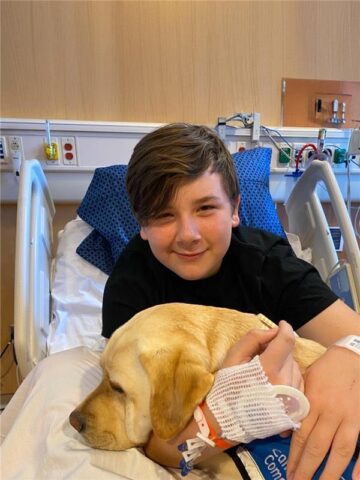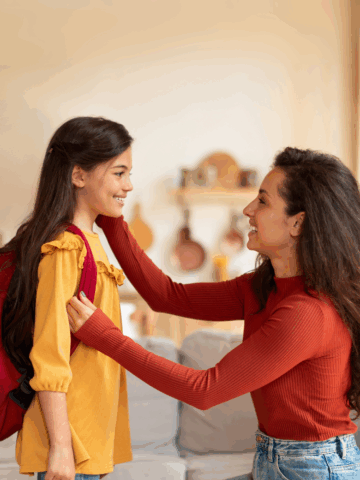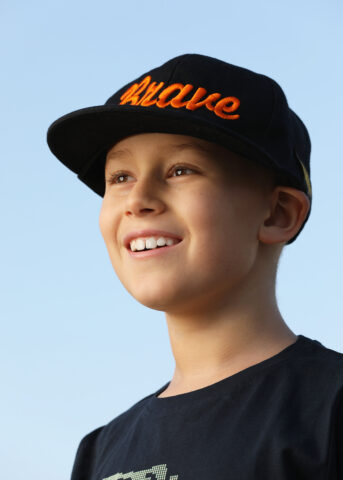Not a kid anymore but not yet an independent adult, Zoe Borchard was an active college student three years removed from living at home when, at age 20, life as she knew it stopped.
No more living in an apartment at UCLA.
No more sorority life at Gamma Phi Beta.
Boyfriend?
Yes, but soon that would end, too.
A cancer diagnosis sent Zoe to an adult hospital in L.A., but that just seemed to make things worse.
The vibrant and vivacious 20-year-old felt out of place in an environment of mostly much-older people in the late stages of their diseases.
Meanwhile, life went on at UCLA. Zoe’s friends attended classes and hung out and thrived as they sought solid springboards into post-college life: jobs, relationships, thoughts of starting a family – the works.
Zoe, diagnosed with Hodgkin lymphoma in late October 2024, isn’t asking anyone to feel sorry for her. She just wants them to understand that for young adults just starting to launch their lives, being told they have cancer causes a wrecking ball of emotional pain beyond the obvious physical toll it exacts on their young bodies.
“It ruined my life,” Zoe, not one to mince words, says of being told she had Hodgkin, a cancer of the immune system that is prevalent in people ages 18 to 35. She went to the doctor after feeling pain in her neck and feeling unusually fatigued.
“My life stopped, and I had to watch everyone else keep going,” Zoe says. “That was probably the biggest thing I had to struggle with beyond the physical symptoms.”
Luckily, transferring to CHOC for treatment has helped make Zoe’s life measurably better.
“It’s a million times better,” she declares.
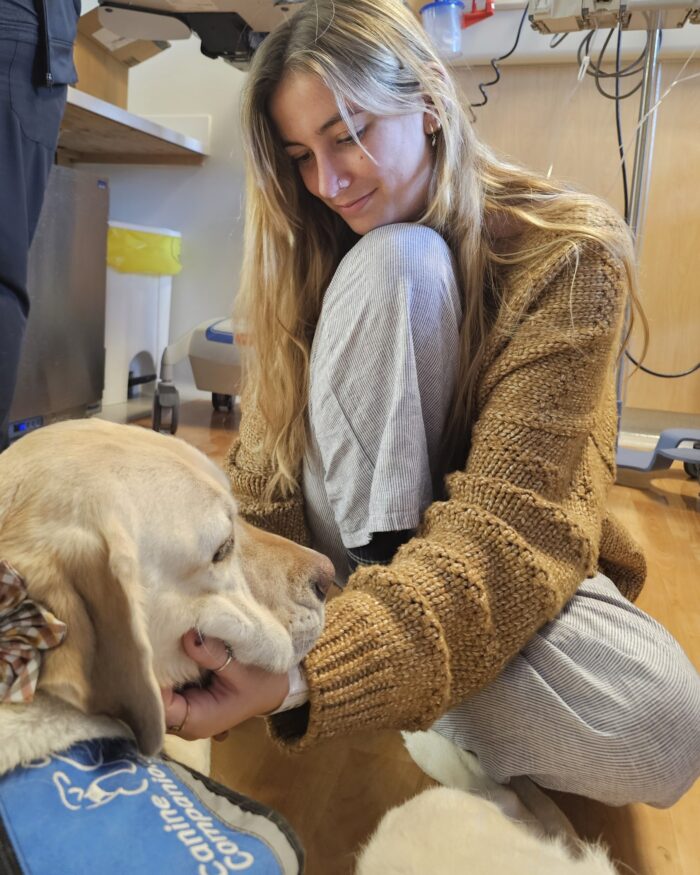
Care for adolescents and young adults
The Hyundai Cancer Institute at CHOC can accept and treat patients up to age 26.
And one of its key programs, AYA (The Richard C. and Virginia A. Hunsaker Adolescent and Young Adult Oncology Child Life Program), recognizes that patients like Zoe have needs, rights, and questions that are very different from CHOC’s younger patients – and tailors programs just for them.
“More than anything,” says AYA manager Kara Biagini of the 14- to 26-year-olds AYA targets, “we want them to know they’re not alone. She adds: “Many of these patients have body image issues and anxiety over their change of appearance and they feel isolated from their peers. A big part of our program is providing peer-to-peer support.
Patients like Zoe can support each other in ways that we healthcare professionals can’t because they have a shared experience.”
AYA programs include the annual CHOC Oncology Patient Ball (June 28 this year), two to three events per month such as bowling, game nights and art classes, and an annual retreat at Lake Arrowhead for three days of mentorship and leadership classes to help patients and survivors process their stories and share them out loud.
“AYA is an amazing program,” says Zoe, “especially when you lose friends who don’t know how to deal with what you’re going through. You have this group of people who will always understand.”
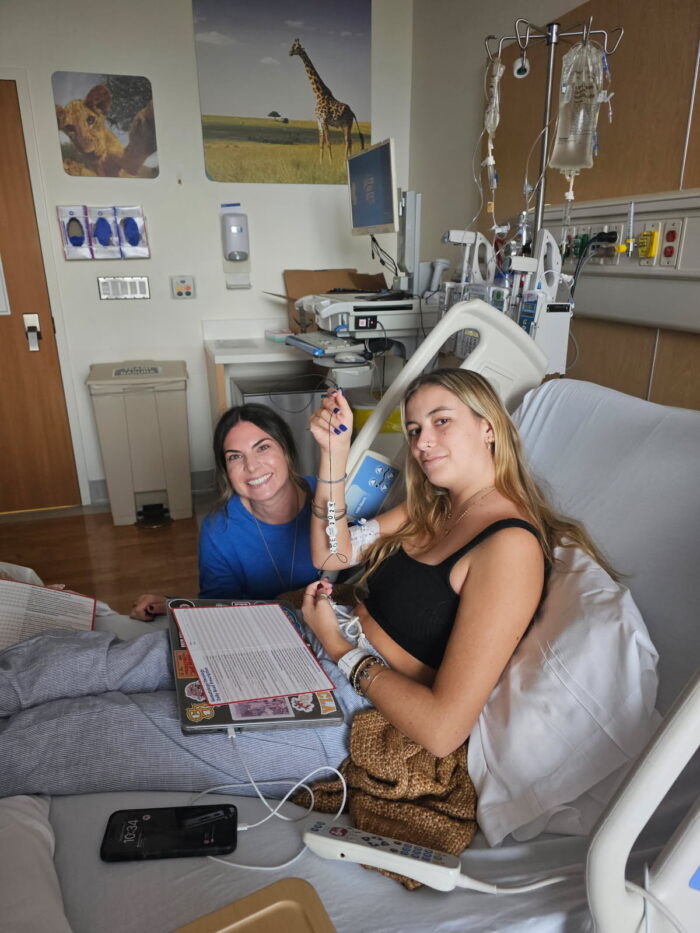
Doing ‘something cool’
During an interview four months after her diagnosis and one month after completing three months of chemotherapy, Zoe was rocking bleached-blonde cropped hair.
She wore a rock-band T-shirt, jeans, maroon Doc Martens, vintage rings she bought at an antique market and a 14-carat charm necklace she made that included a cheetah, shells, a sunflower, a dragonfly and the letter “Z.”
She looked like a member of an indie rock band.
“If I was going to go bald,” Zoe says, “I wanted to do something cool with my hair.”
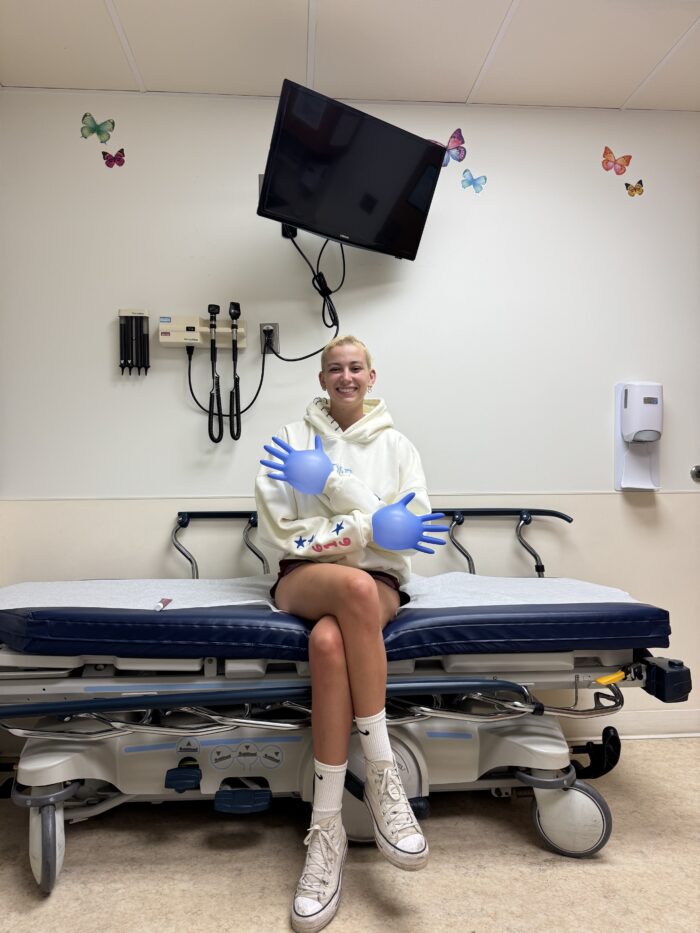
Familiar with CHOC
Zoe, who grew up in coastal south Orange County, was familiar with CHOC before she transferred there and was cared for by pediatric oncologist Dr. Carol Lin. In high school, she spent two summers as an intern in CHOC’s Medical Intelligence and Innovation Institute (Mi4), working with endocrinologist Dr. Timothy Flannery.
And Zoe’s mother, Nicole, has worked in CHOC’s Marketing and Communications department for more than two decades.
“I think it’s really hard for this to happen at this age, which is why the AYA program is so important,” Nicole says. “A lot of her struggle has been emotional as well as physical. While all her friends continued to move forward, she’s just been stuck.
“Because of the AYA program, her care team knew exactly what she needed and were able to help her navigate everything from applying for services to relationship drama. I don’t see her getting that kind of support from an adult health system.”
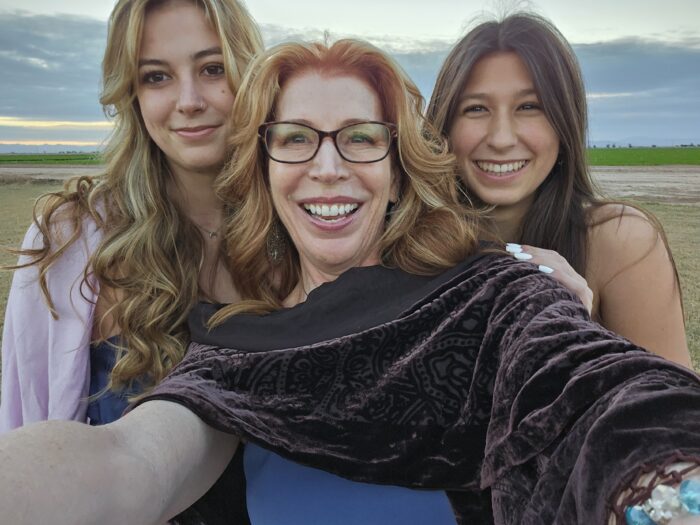
Access to treatment protocols
More than 300 patients have interacted with the AYA program since its inception and 40 to 60 patients participate in events each month, Kara says.
“I’m very proud of her,” Kara adds. “Zoe is driven and resilient and I can’t wait to see how she uses her story to help others.”
Dr. Lin says relatively older CHOC cancer patients like Zoe have access to treatment protocols typically not available at adult hospitals.
“We believe our protocols allow these patients to have a better prognosis in terms of their cure rates compared to adults,” says Dr. Lin, noting that Zoe is enrolled in a study that aims to determine the benefits of undergoing both chemotherapy and immunotherapy.
Great news
Living at home since November, Zoe received great news in April: her scans were all clear and she is in remission.
She’s now back at school at UCLA, living in her old apartment and about to start four weeks of daily radiation therapy. Then she will be officially done with treatment.
Majoring in evolutionary biology, Zoe, who just turned 21, plans to graduate at the end of 2026. She is thinking about going to physician assistant school after that.
She remains connected to CHOC and is considering a career in pediatrics or mental health.
“Mental health is something I really care about,” says Zoe, who has struggled with depression and anxiety most of her life.
“I think many people are raised feeling like they can’t talk about their feelings,” she says. “I’m thinking about going into oncology to help cancer patients like me.”
Zoe is back to surfing and hits San Onofre with her 9-foot longboard.
Her mother hopes she attends more AYA events.
“I’m hoping that even though she’s back at school she will continue to engage with other AYA patients,” Nicole says. “The members of that group automatically understand each other, and I know Zoe wants to help other kids and teens who are going through this.”
Get more expert health advice delivered to your inbox monthly by subscribing to the KidsHealth newsletter here.
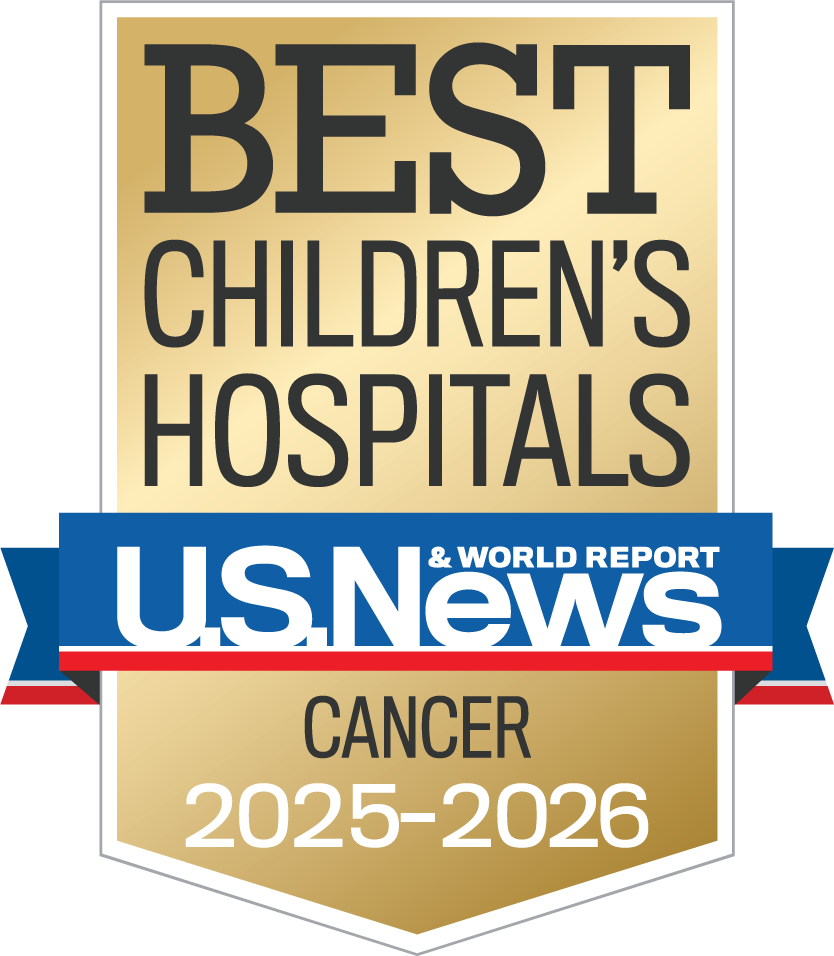
Learn more the Hyundai Cancer Center at CHOC
CHOC Hospital was named one of the nation’s best children’s hospitals by U.S. News & World Report in its 2025-26 Best Children’s Hospitals rankings and ranked in the oncology specialty.

